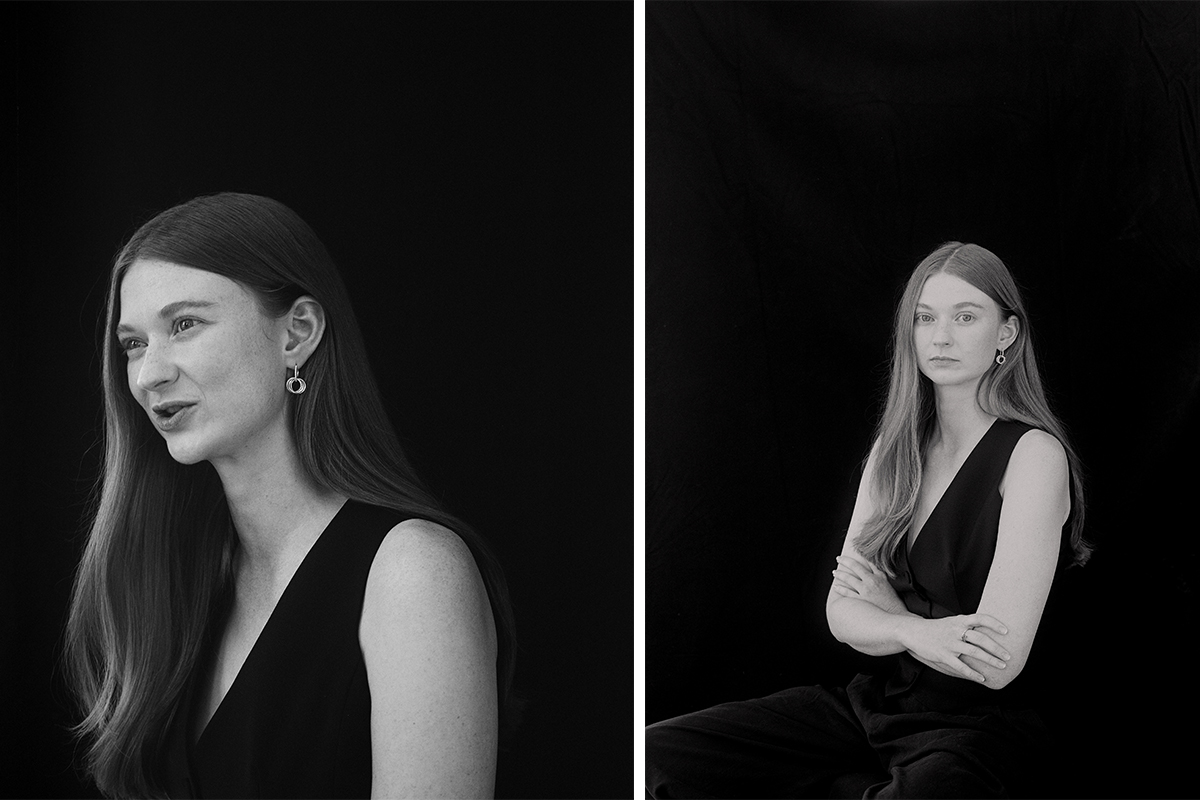
"When I find out that my writing has changed the way someone thinks or feels. That’s the magic of language and the power of ideas: the right words in the right order in the right sentence in the right book… If I can make a difference to someone without ever having met them? If I can play a small part in progressing the quality of public discourse in my country? That’s powerful."
For those who are unfamiliar with Bri Lee's work, her above sentiment speaks to the essence of who she is as a writer. Sharing ideas, information, facts, has always been in her written DNA. Whether through her personal, wrenching debut memoir, Eggshell Skull, or her third and latest book, Who Gets To Be Smart, Lee's facilitation of relaying facts has never been articulated in such a compelling way.
Who Gets To Be Smart interrogates "privilege and power, and how individual people and institutions with privilege and power affect the way we think about knowledge." Lee explains. From a feminist lens, Lee explores the ways in which government and educational institutions can disempower people, and examines who is really in charge of it all. She is both pragmatic and evocative in person and in her words — quietly energetic, and generous.
The Cartier Women's Initiative is an annual international entrepreneurship programme that aims to drive change by empowering women impact entrepreneurs. By offering financial, social and human capital support, they are encouraged to grow their business and build their leadership skills. As part of the initiative, we sat down with Lee to learn more about Who Gets To Be Smart. Below, she speaks on her creative process, what she has taken away from the book and hopes readers will too, and her rescue guinea pigs.
Talk to us about Who Gets to be Smart.
It’s a book about privilege and power, and how individual people and institutions with privilege and power affect the way we think about knowledge. I don’t think about genre distinctions while I’m writing, but if I had to be really specific, I’d describe it as a collection of chronological, cumulative essays. My only real goal with it is to get people thinking more critically about subjects which they might have perhaps previously not interrogated. A conversation-starter, I suppose.
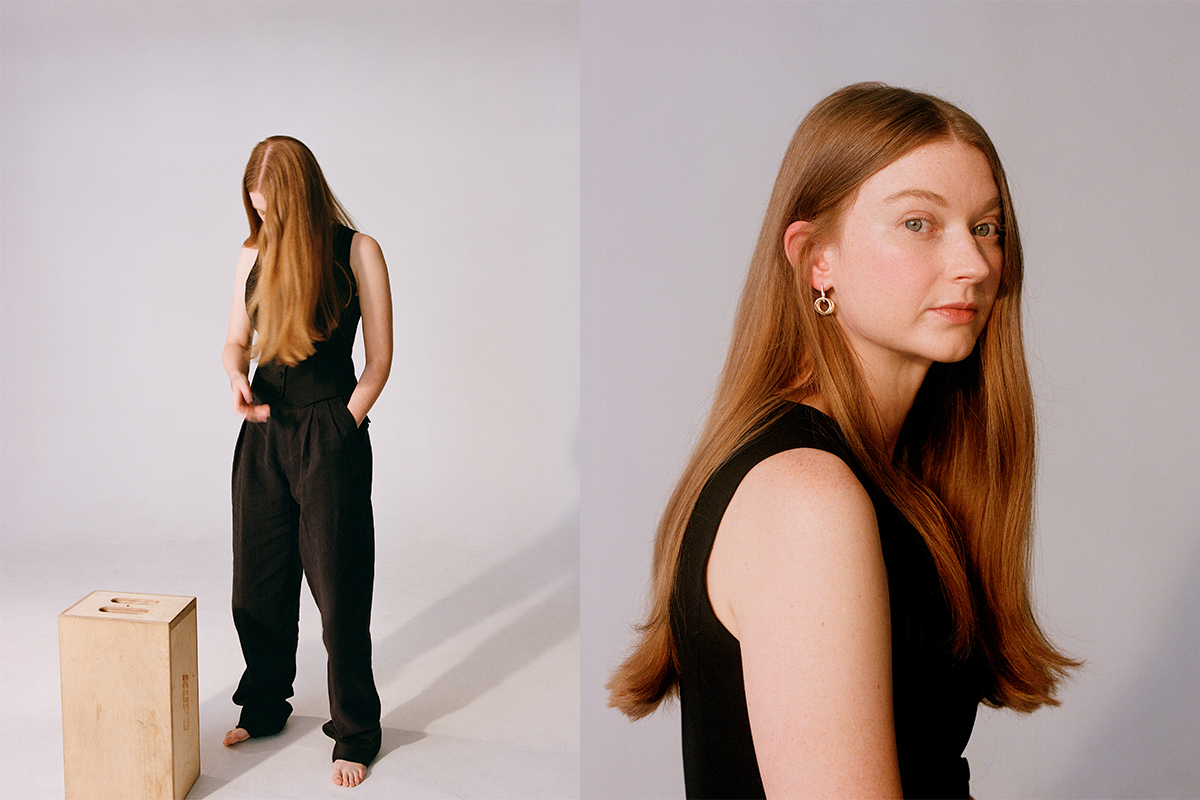
MICHAEL LO SORDO top; ZEGNA pants; CARTIER earrings.
The book begins with a trip you took to Oxford. Did the idea to interrogate the systems of power at play in the book come to you while in Oxford or following your trip?
Touring Oxford and Rhodes House when visiting my friend Damian was definitely a catalysing moment. It emerged quite organically that the trip would be the first chapter of the book, because it was when I was at the beginning of my journey learning about this history and these issues. I write all my books and long essays the same way: I picture who I was when I started the project, and write the book I think that earlier version of me would most want to read. By the end of a book I find my opinions and perspectives have usually radically altered, and sometimes it’s a challenge to allow the naivety or incorrectness of “Bri” appear the way it truly is in the earlier chapters. I want the reader to come on exactly the same journey as I went on. This is how I try to acknowledge the subjectivity of my own work.
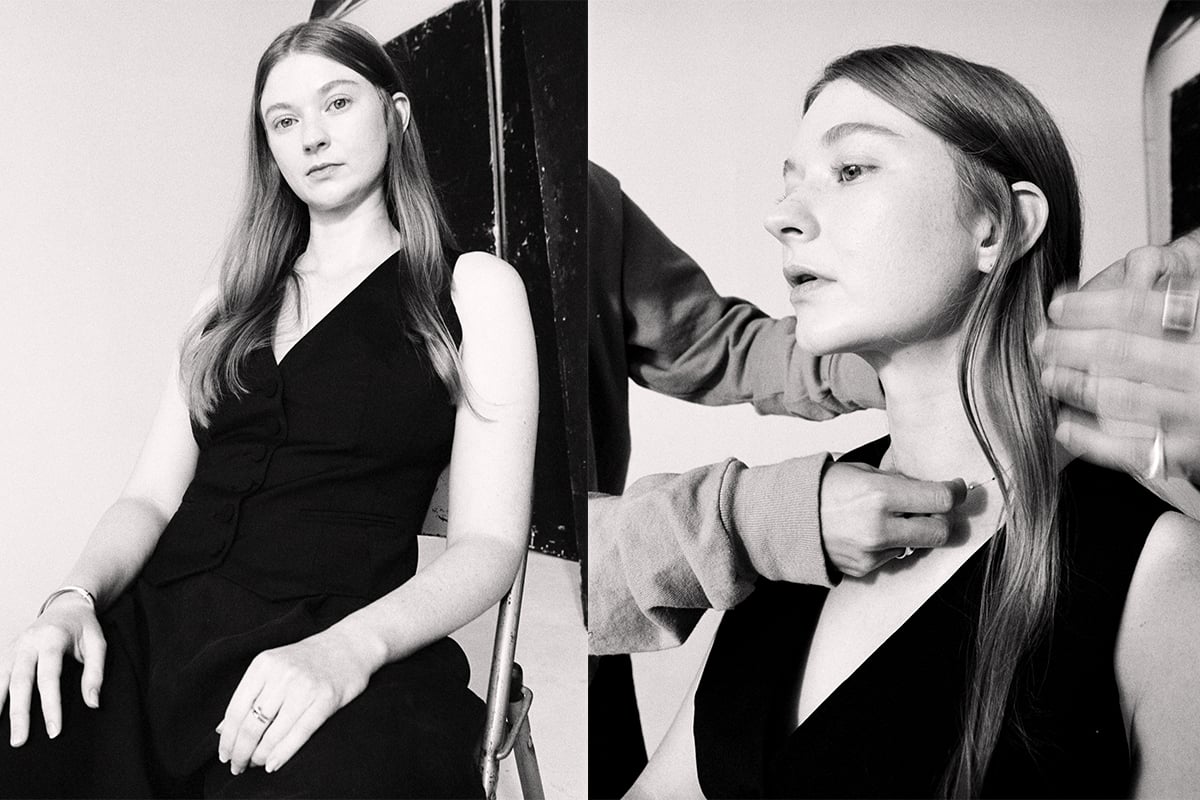 MICHAEL LO SORDO top; ZEGNA pants; CARTIER bracelet and ring.
MICHAEL LO SORDO top; ZEGNA pants; CARTIER bracelet and ring.
What do you hope people will take away from the book?
I don’t mind if people don’t agree with everything they read in my book; it’s about important and high-stakes issues, so if everyone who ever read it was happy with me then I wouldn’t have done my job. In general with all my work, I suppose, I try to make it clear that there is no such thing as ‘sitting on the fence’. If you’re not part of the solution then you’re enabling the status quo and you’re part of the problem. This is the case with all serious issues like race, class, and gender.
What did you take away from writing the book?
I’m the product of an expensive education, and I now see more clearly how I was predestined to be this comfortable in life. Statistically speaking I was always going to make this income, go on to receive these qualifications, and have a white-collar job. I’m not dismissing free will, but the narrative Australia tells itself about “self-made” people, about upward mobility, and about this being the place where anyone born anywhere can achieve anything, is mostly a farce. Researching for this book made me more grateful than ever before for my education, but angrier than ever that not everybody gets what I got. I’d much rather live in a country with real equality of opportunity for children.
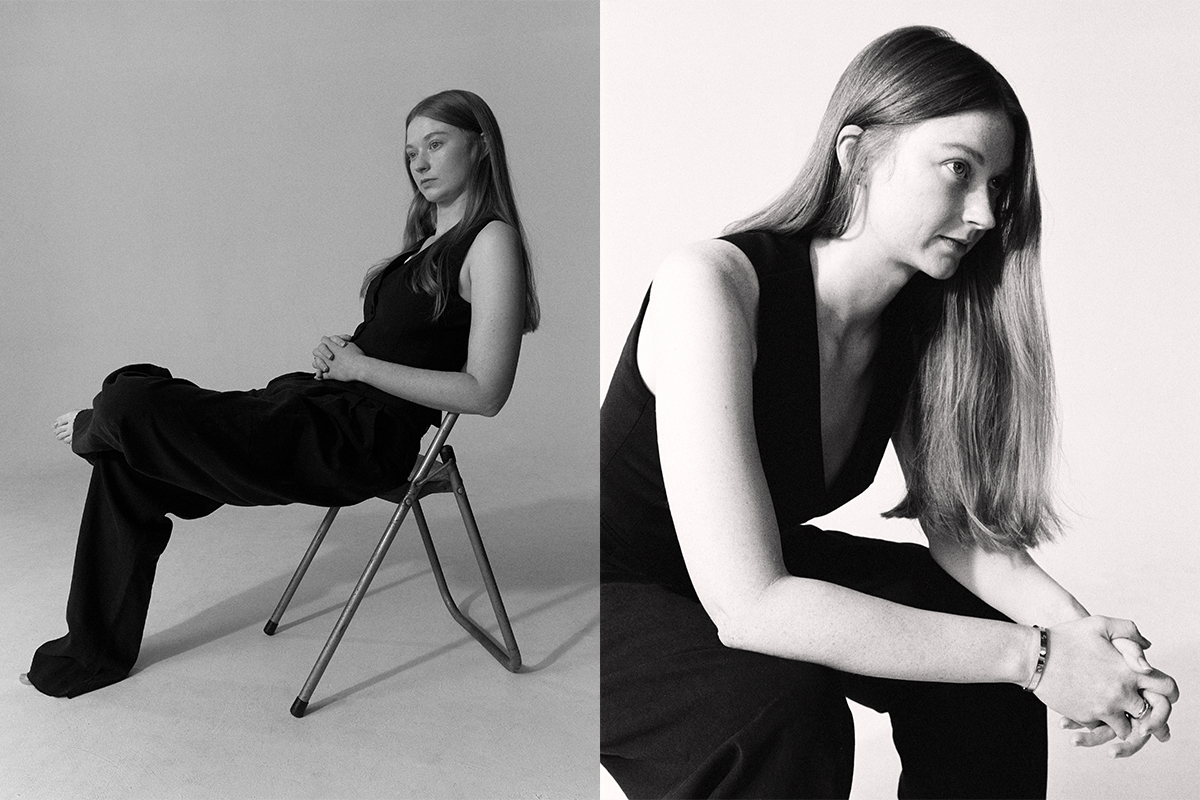 MICHAEL LO SORDO top; ZEGNA pants; CARTIER bracelet and ring.
MICHAEL LO SORDO top; ZEGNA pants; CARTIER bracelet and ring.
Your debut book, Eggshell Skull, was much more personal in comparison to Who Gets To Be Smart. How was the process of this book different to Eggshell Skull?
I think books are as different to each other as people are. Both books took around three years. I am quite a different person now to who I was when I started writing Who Gets to be Smart in 2018, and a completely different person now to who I was when I started writing Eggshell Skull in 2015. And because writing is my life, my life being so different now means my writing is very different now, and it’s difficult to say how or why. A pragmatic answer to the question is that Who Gets to be Smart includes a lot more reading and research, and it presented me with the challenge of making the chapters consistently compelling.
What is your writing process like?
Most writing is re-writing. I do a shitty first draft and then I edit and edit and edit. Nobody sees it until I’ve gone through several rounds of edits myself. I’m not terribly idiosyncratic with little rituals or needs, and I don’t believe in ‘the muse’. I believe in turning up to work and trusting in the accumulation of hours, both for the course of a project and the gradual development of proficiency in myself. Also I consider reading to be one of the most important jobs of the writer, and reading widely is a part of my process.
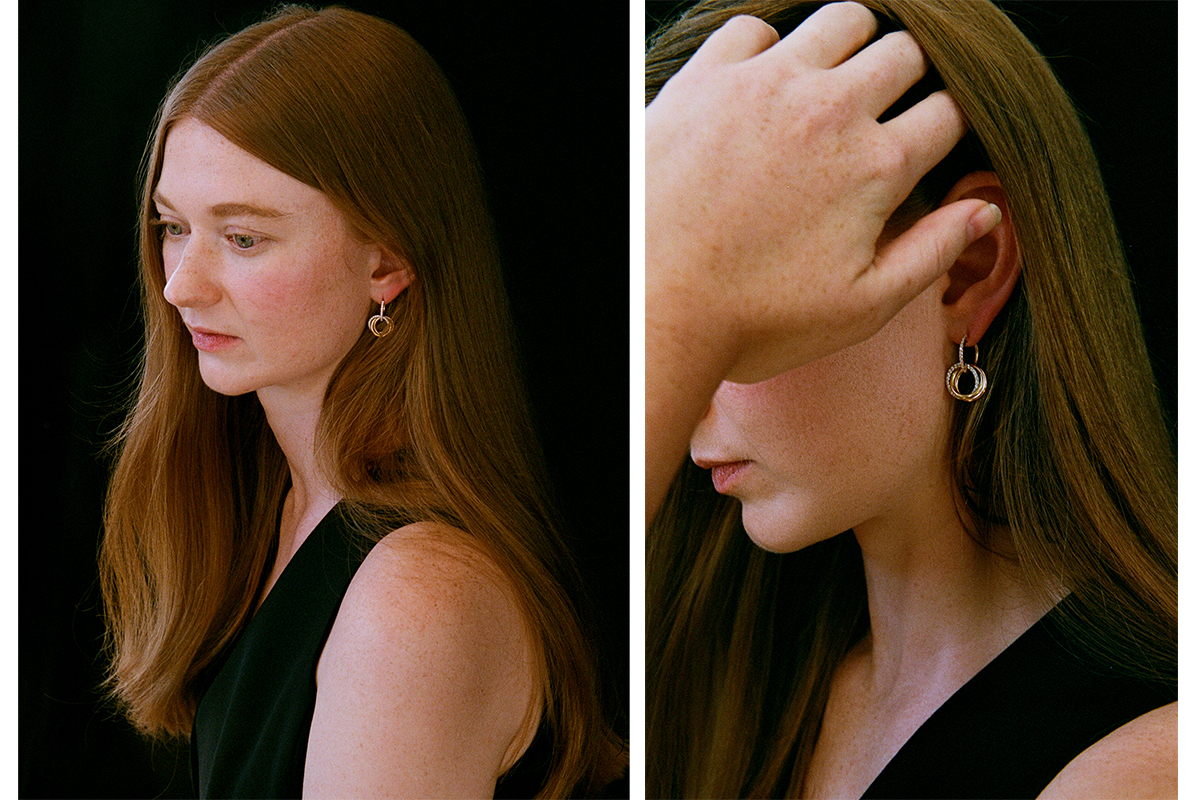 MICHAEL LO SORDO top; CARTIER earrings.
MICHAEL LO SORDO top; CARTIER earrings.
So much of your work forces us to challenge the harmful structures that pervade our society. Was this an intention when you began your writing journey, or is it something that has fallen into place as you found your voice?
I think the latter is true and has emerged quite quickly and clearly. I’m very interested in (and frustrated by) how individuals use institutions and processes as scapegoats. Lawyers and police do this to terrible effect, and now I see how government and educational institutions can keep us stuck in the past too. Individuals are disempowered when they’re up against big systems, and systems prevent us from holding individuals accountable. I could spend the rest of my life interrogating this interplay and trying to get a clearer picture of who is in charge.
Why do you feel like initiatives such as the Cartier Women's Initiative are important for women to have access to?
The world whispers into the ears of boys from birth that they can do and achieve anything. Recently we started telling girls at school that they too can do and achieve anything, but in reality we punish them for demonstrating ambition and reward them for sticking to the domestic sphere. If we do not consistently fight for more and better treatment and opportunities for women, we will regress.
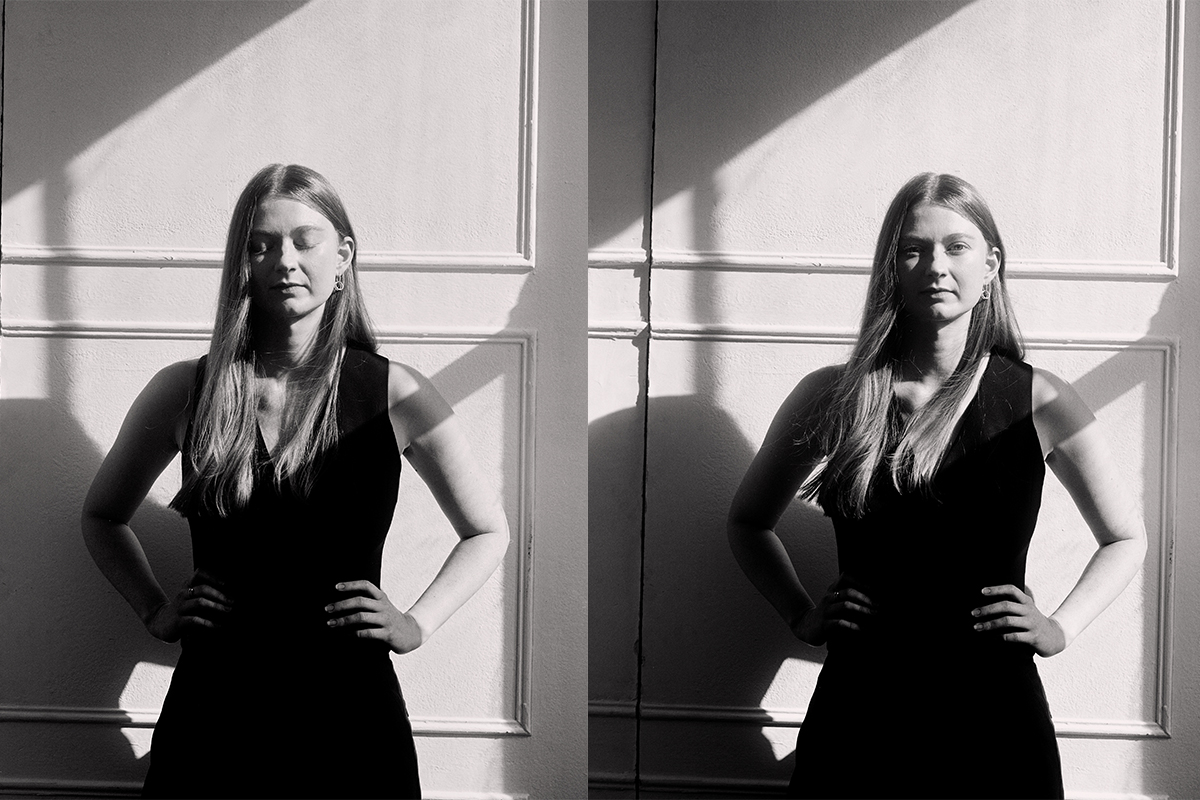 MICHAEL LO SORDO top; ZEGNA pants; CARTIER earrings.
MICHAEL LO SORDO top; ZEGNA pants; CARTIER earrings.
What makes you feel powerful?
When I find out that my writing has changed the way someone thinks or feels. That’s the magic of language and the power of ideas: the right words in the right order in the right sentence in the right book… If can make a difference to someone without ever having met them? If I can play a small part in progressing the quality of public discourse in my country? That’s powerful.
What do people not know about you?
I have two rescue guinea pigs, Eddie and Louis, and a large collection of vases. It’s nice to have hobbies and distractions that don’t have anything to do with words because I’m sort of a workaholic and struggle to switch off sometimes.



